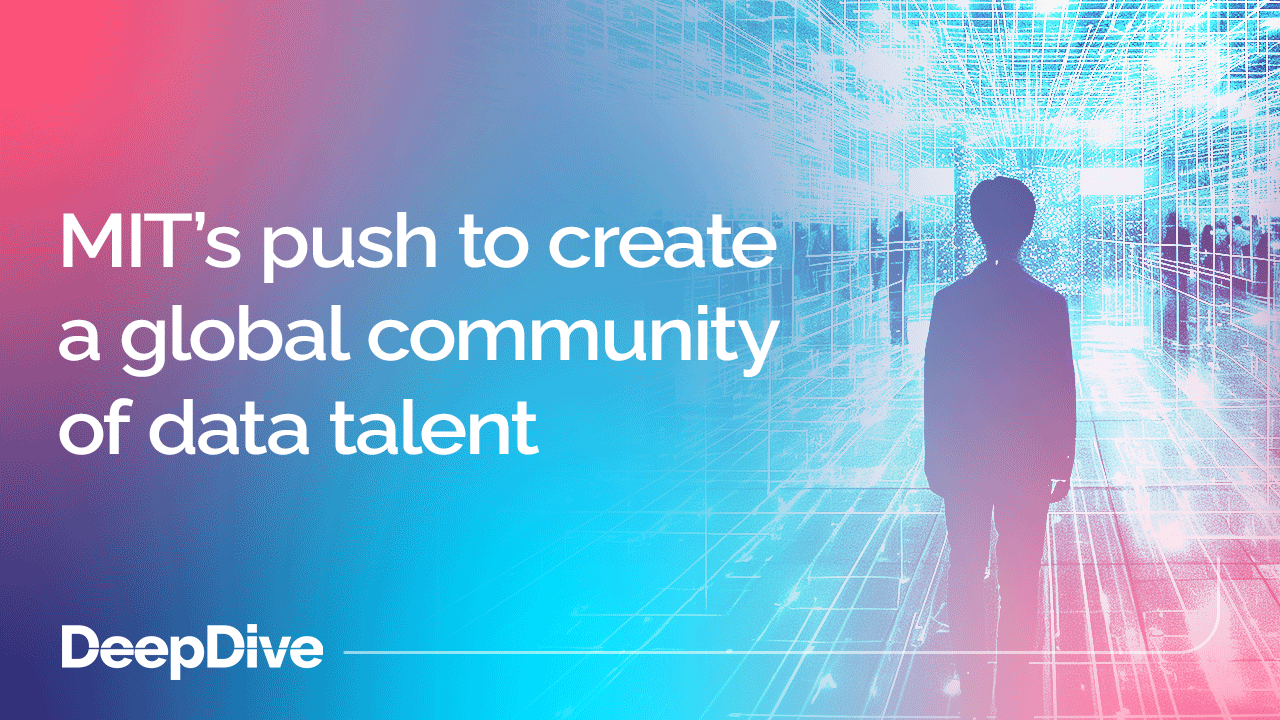

Are we doing better yet?
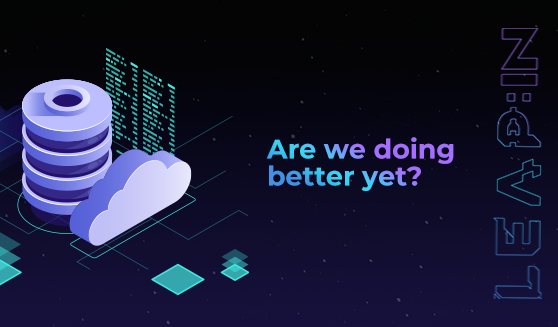
Welcome to the 107 new techies who have joined us since last Friday. If you haven’t already, subscribe and join our community in receiving weekly tech insights, updates, and interviews with industry experts straight to your inbox.
This week we’re quoting Eva Fyrberg (Global Head & Ericsson 5G Alliance at KPMG)
What Fyrberg said:
There’s “a great improvement potential here and we can do something with that jointly to make people want to share their data.”
Context, please?
Of course. Actually, this quote is from all the way back at LEAP 2022 – we wrote a blog post about it here.
Fyrberg was talking about people’s feelings about data. An ambitious global survey by Ipsos in 2019 found that only one in three adults (35%) had a good idea of how much personal data companies held about them; and a large majority of people expressed real mistrust about how their data was used.
The great improvement potential Fyrberg referred to was about helping people understand and manage their own data better, and improving public perceptions about data collection, storage, and use – so that organisations and societies can benefit from high quality data that is willingly shared.
So – have things improved since then?
Unfortunately, it seems not.
A 2022 Ipsos survey of 20 countries, released by The New Institute in Germany, found that users’ trust in the Internet has fallen significantly since 2019.
Only 63% of users on average across all 20 countries said they trust the Internet – down by 11% from the earlier, similar survey. The only increase in trust was found in Japan (up 7%), but other countries all reported lower trust levels: India down 10%, Kenya down 11%, the US down 12%, and Poland down 26% (to list just a few).
And 2023 research by Deloitte, focusing on mobile trends, found that:
- Consumers are increasingly concerned about being ‘hacked and tracked’ via their personal devices, with six in 10 people worried that organisations or individuals could track them through their devices.
- 67% of smartphone users are worried about data security and privacy (that’s 13% more than in 2022). And 62% of smart home users are concerned about the security of their smart home devices (that’s up 10% from 2022).
- 48% of smartwatch or fitness tracker users are worried about data privacy on those devices, up from 40% in 2022.
While some of this concern is directed at malicious behaviour (hacking) from threat actors, included within those stats are worries about enterprises tracking and exploiting data they collect from users.

Fewer customers trust that companies are protecting their data effectively
Only half of the respondents to Deloitte’s survey feel that the benefits of online services outweigh their concerns about data privacy – a 9% drop from 2021.
And the study pointed to other signs that trust is declining:
- Only 41% believe it has become easier to protect their data online over the past year.
- Only 34% said they feel that companies are transparent about how they use the data they collect via online services.
- 9% of respondents said they deliberately purchased a device in the last year that doesn’t track them. While that’s still a small percentage, it’s 5% more than in 2022.
Why is trust in data privacy eroding?
According to Deloitte, there’s a sense of hopelessness among users about their ability to manage and protect their own data.
The survey found that 27% of people feel companies can track them no matter what measures they put in place to protect their privacy; and 17% feel there’s nothing they can do to prevent hackers from accessing their data.
25% said they just don’t know what actions to take.
Dr. Paul Twomey (Initiative Lead at The New Institute) told Ipsos:
“It’s all about empowering Internet users and listening to their concerns as the Internet revolution continues to evolve. There is a growing global desire by individuals to protect the access to and use of their online personal data, not just for privacy but also to improve direct benefits to individuals and expand positive social outcomes.”
Trust in the Internet is falling. But the latest Ipsos survey made it very clear that there is lots of support among digital users for improvements in regulations and technology that can give control back to individuals.
As an industry, tech needs to keep innovating in the realm of data privacy: because it’s crucial to restore user trust in the positive power of the Internet.
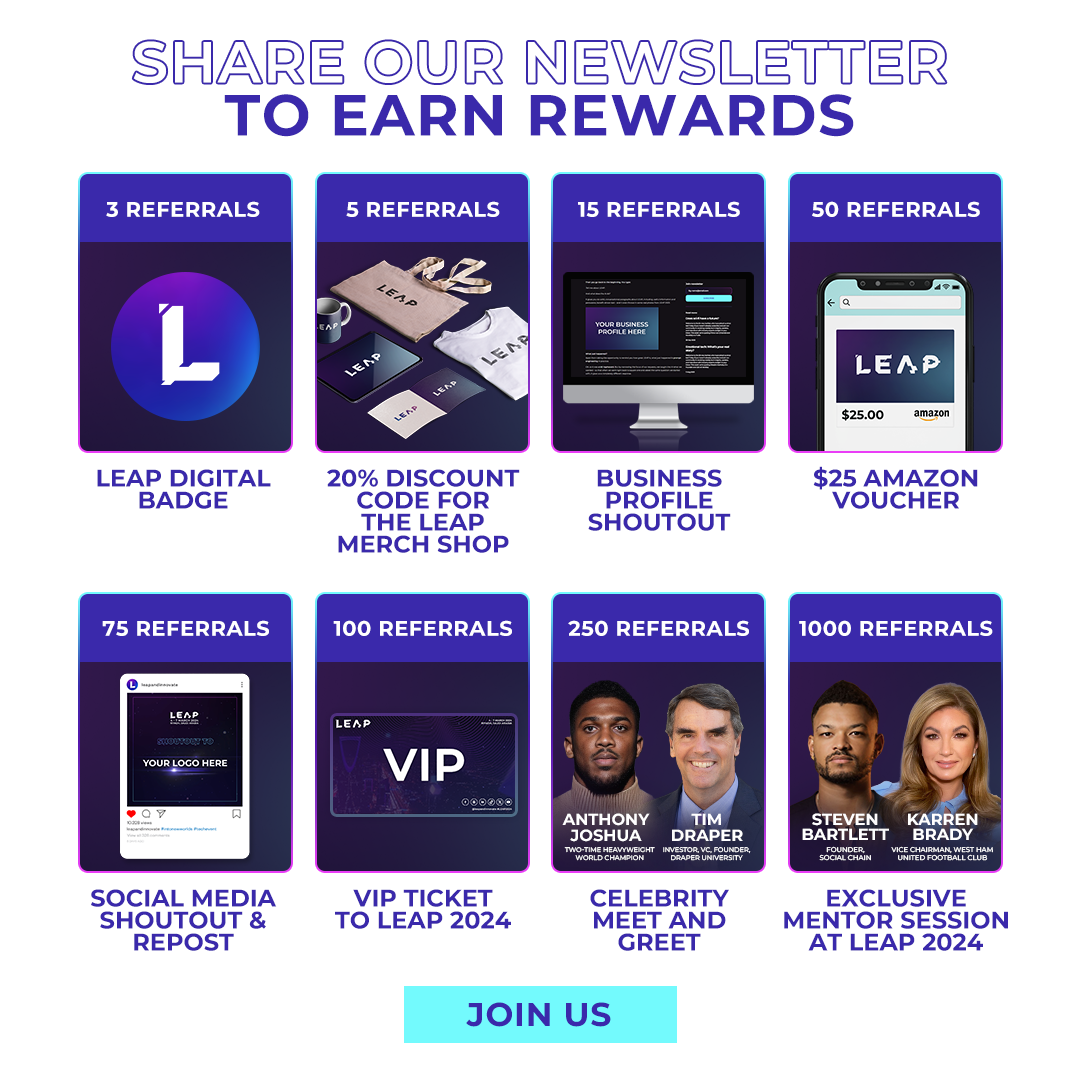
Make sure to check out DeepDive 🤖

This week DeepDive is bringing you the latest insights on how AI will be regulated in the future.
And 2024 will be a big year for the creation of policy around the development, use, and distribution of AI tools.
AI governance has to evolve in order to address ethical, legal, and societal concerns about AI. But this year has seen international confusion over what is and is not appropriate from a regulatory standpoint – much of that confusion stemming from the reality that no one’s quite sure how much AI will change our lives – or how quickly it’ll happen.
Read the newsletter to find out more.
➡ Subscribe now to the LinkedIn newsletter to get it straight to your feed or to the LEAP:IN content platform to get it straight to your inbox.
Have an idea for a topic you'd like us to cover? We're eager to hear it! Drop us a message and share your thoughts.
Catch you next week,
Richard McKeon
Marketing Director
P.S. - Mark your calendars for LEAP 2024 📅 4-7 March 2024. Want to be a part of the action?
*Newsletter referral plan T&Cs

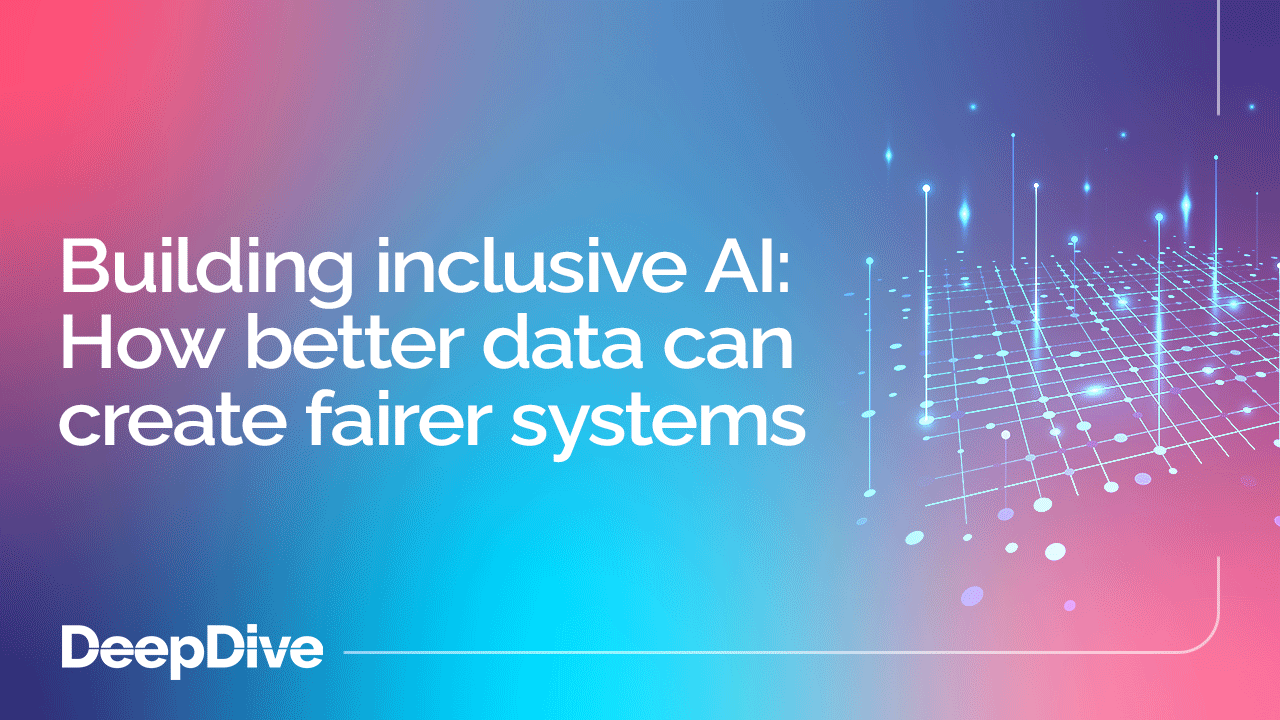
Building inclusive AI: How better data can create fairer systems
Moving towards tech that works for everyone
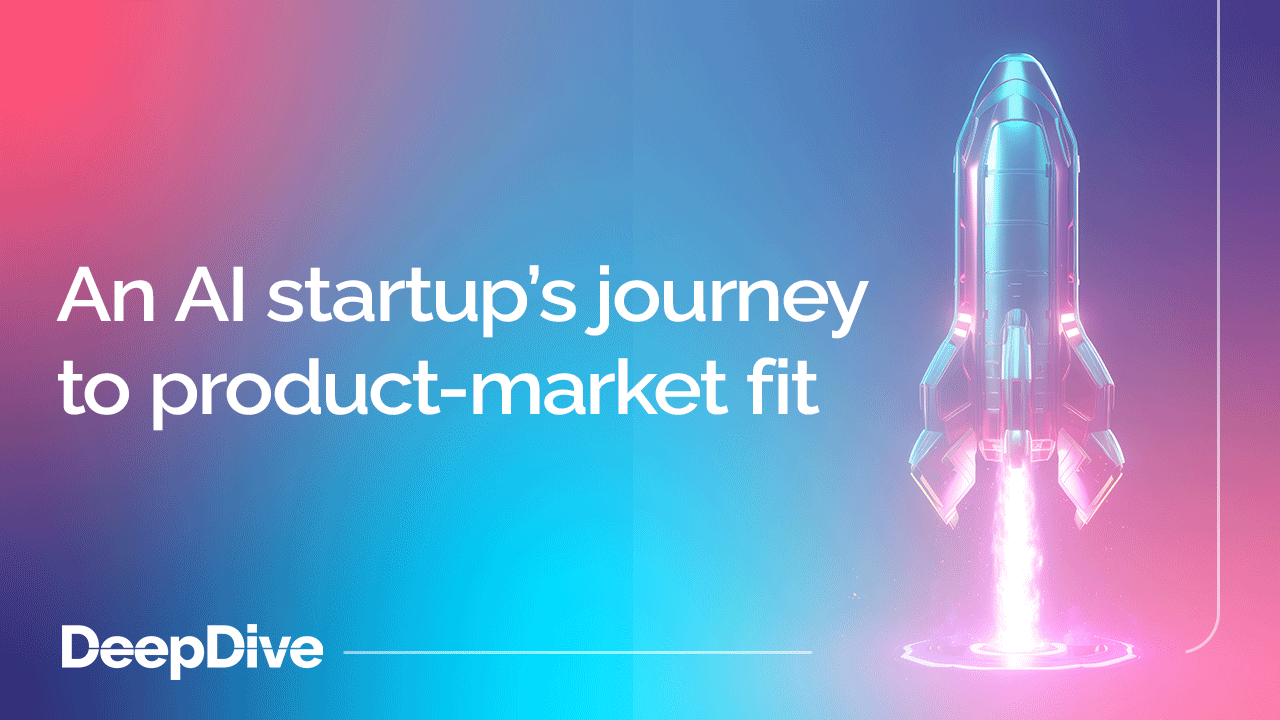
Related
articles


Building inclusive AI: How better data can create fairer systems
Moving towards tech that works for everyone

